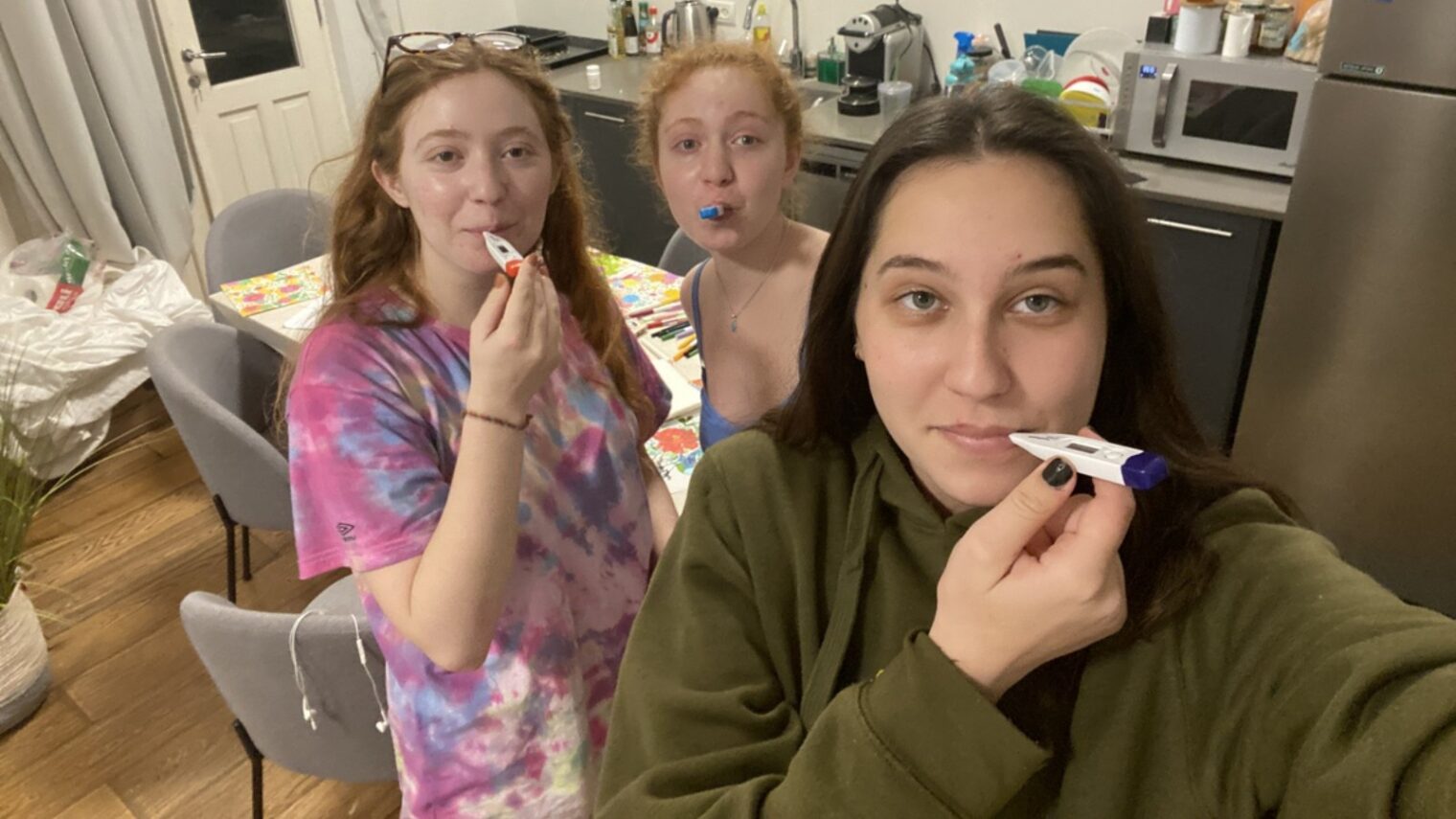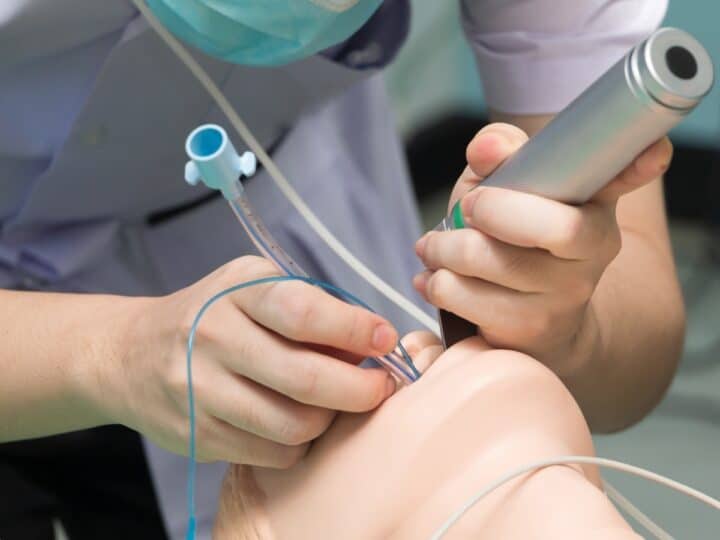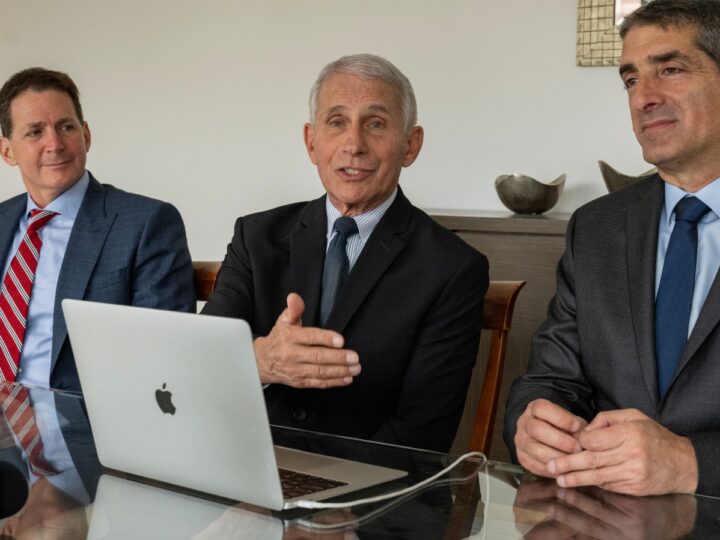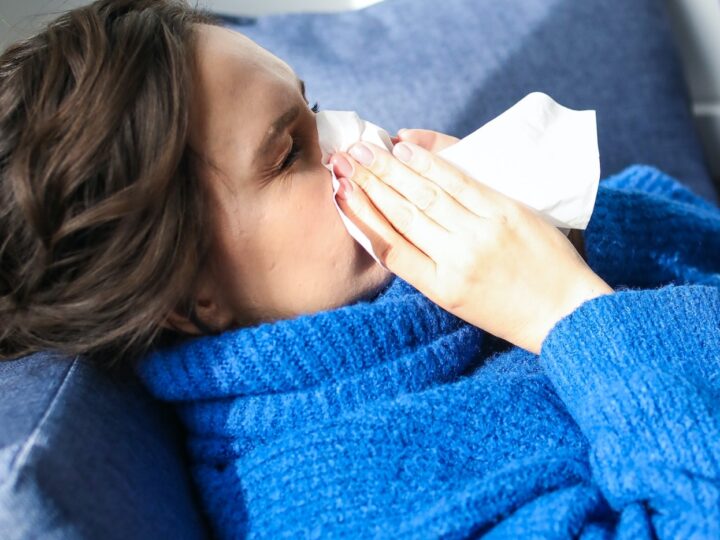I knew that living with a group of other students on a gap year in Israel could raise my risk of contracting Covid-19. This risk became a reality at the end of January when I tested positive for the novel SARS-CoV-2 coronavirus.
The experience was challenging, required strength and simultaneously demonstrated the impressive leadership of the Israeli Health Ministry and how they handled patients like me.
I was not the only one on my program to test positive. Several of my friends also became ill and we were immediately quarantined together.
Within a day of diagnosis, the Israeli Health Ministry reached out to each of us. They shared available resources such as medical doctors, supportive medications and monitoring devices.
Israel’s single electronic medical record, which is accessible to its entire medical community, facilitated the sharing of information and ability of medical liaisons to contact us.
I also learned about Israeli companies such as Biobeat, which provides critical care monitoring for outpatients.
In addition, companies like ElliQ provide technology services focused on senior health and well-being. Although I didn’t need these services, I felt reassured to know that in Israel I had access to excellent care.
During the quarantine period I learned to stay connected, fulfill some personal goals and enjoy friendships that I developed throughout my year in Israel.
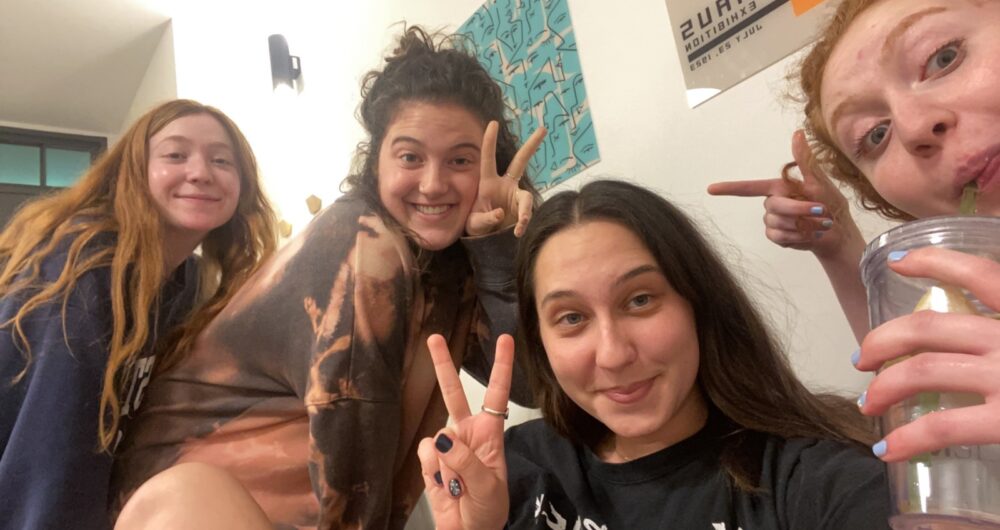
For any international students experiencing Covid — or any other illness — far from home, I recommend the following:
- Stay in touch with your family and friends via technology. A simple phone call or FaceTime call each day made me feel slightly less alone during my Covid journey.
- Take advantage of learning opportunities. For example, I spent the time learning Hebrew through an online course.
- Connect with your new friends in Israel. Feeling alone is normal. I appreciated visits from friends who would stand on the sidewalk as I would stand on my balcony, and have conversations and check in on each other in a physically distanced, safe manner.
- Take advantage of the time you have alone by meditating, reading an interesting book or pampering yourself with “spa days.” Sometimes we get caught up in our busy lives and I found that during the quarantine period I had an opportunity to catch up on taking care of myself.
After recovering from Covid, my quarantine friends and I decided to treat ourselves to a trip to Eilat. It was truly a refreshing start to the rest of my semester, and it jumpstarted my Covid recovery.
Over the last few months, a large majority of Israel’s population has been vaccinated (almost 70 percent at the time of this writing).
As a result of Israel’s well-coordinated mass vaccination efforts, life here has returned to more normalcy, similar to pre-Covid times.
Israel’s Green Passport, which can be acquired after an individual receives the vaccine or recovers from Covid, was offered through the Ramzor smartphone application to enable reentry to restaurants, nightclubs, hotels and other venues where large groups of people gather.
Israel has outshined all other countries around the world in how it managed to get residents’ lives back to normal.
Although experiencing Covid was a challenge, having Covid in Israel taught me much about the importance of having a well-thought out, coordinated effort necessary to deal with the current and potential future global health issues like the Covid-19 pandemic.




